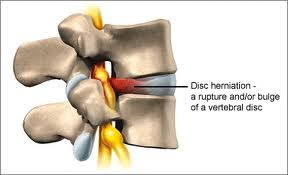In slip and fall cases involving ice, the injured person needs to prove notice, whether actual or constructive, of the specific defect (the ice) that caused the injury. It is not enough to prove defendant’s notice of the general condition that caused the ice. The injured person must offer evidence that defendant had notice, whether actual or constructive, of the specific ice that caused injury. Actual notice is when the defendant knew of the existence of the ice prior to the incident. Constructive notice involves proving that the ice existed for a long enough period of time that the defendant should have known about it.
One way to prove constructive notice is to present evidence that ice had formed in the particular location on prior occasions. The evidence of prior ice is relevant to the timing aspect of constructive notice. If the area was prone to icing, then the defendant should be held to a shorter time period for detecting and correcting the icy condition. Stated another way, defendant should have discovered and fixed the ice more quickly because the defendant knew that the particular area was prone to icing.
How to go about discovering whether the accident location was prone to icing will be addressed in a subsequent blog post.
Read More




